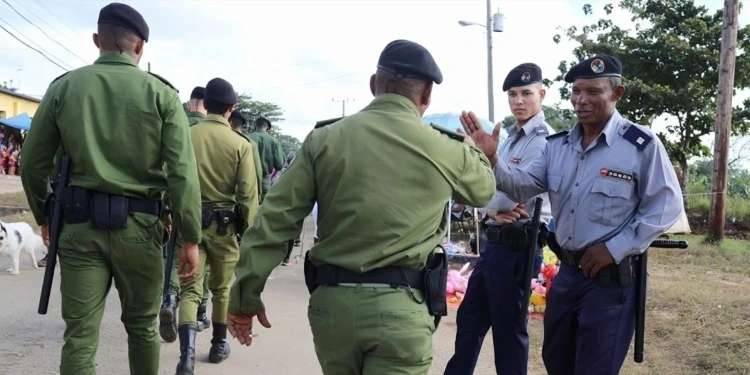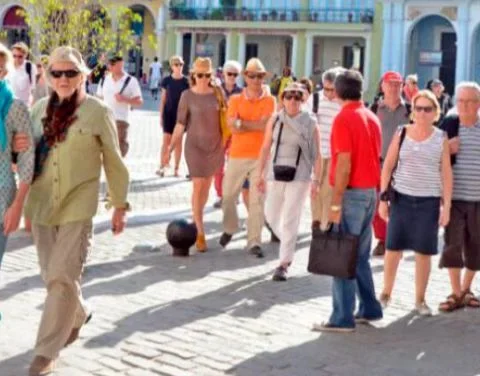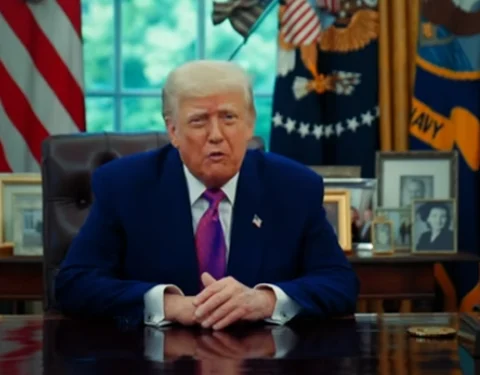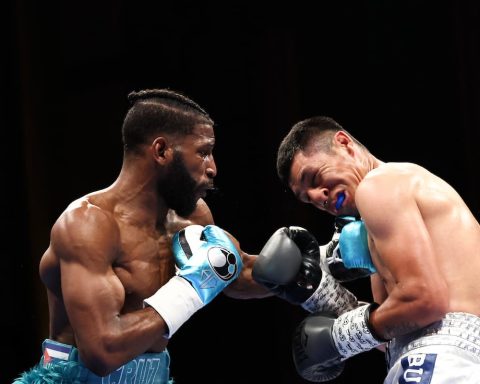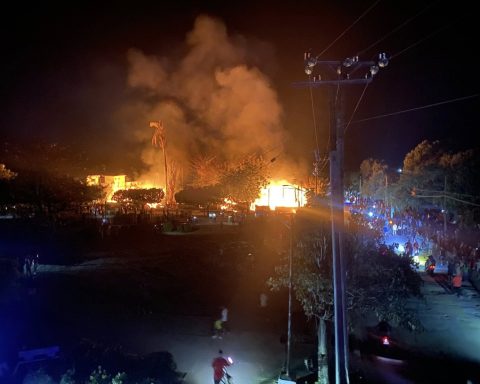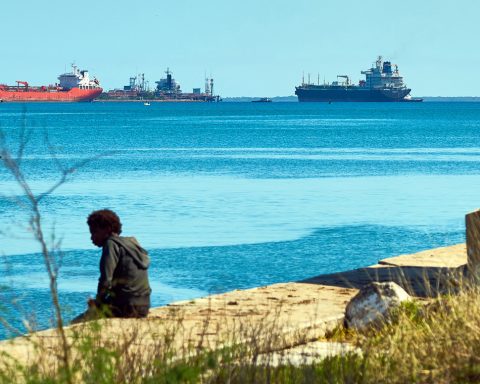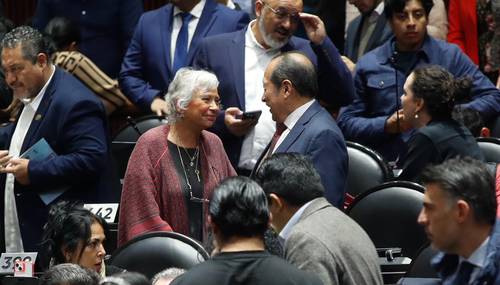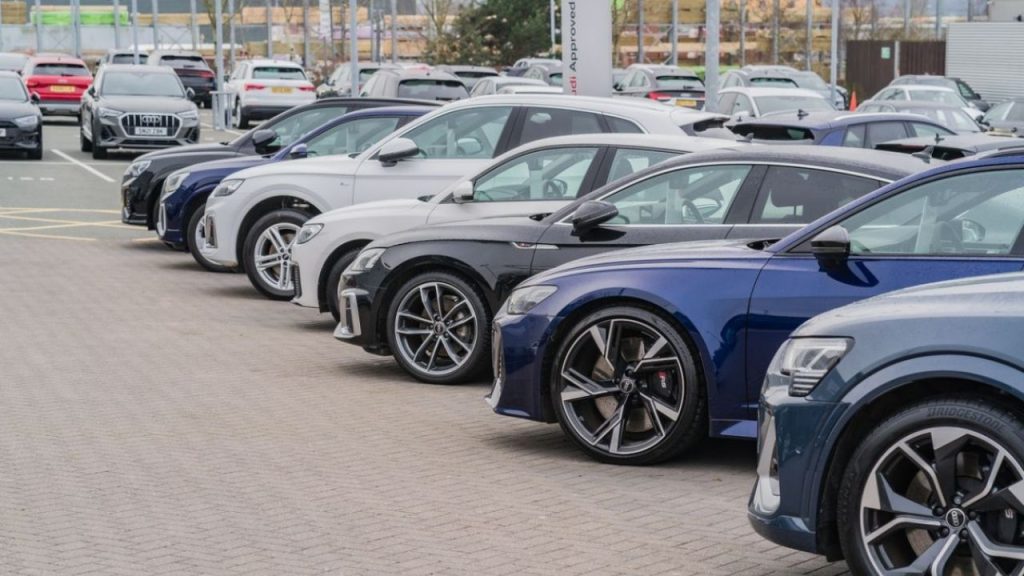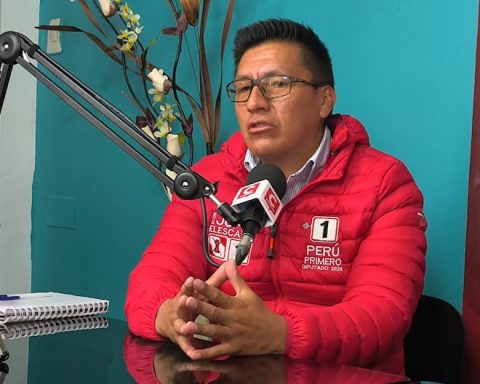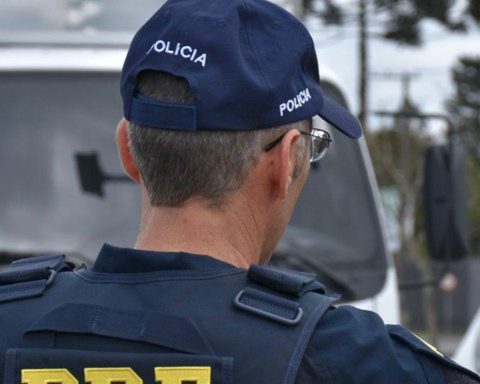PUERTO PADRE, Cuba.- For many years, Cuba has exported – without possessing it to the extent advertised – a product of utmost necessity in a civilized world and which is the national pride of any country capable of producing it in sufficient quantity and quality: public safetyunderstand, citizen tranquility.
And I say that the Cuban State has sold an image of citizen tranquilitywithout possessing that good to the extent announced, taking into account the effectiveness and dimension of the public security offered, because that service cannot be provided by itself, not even a totalitarian State, such as Cuba, with the help of only the police. , the prosecutor’s office and the courts, that is, the coercive criminal system, incapable in isolation of preventing crime by discouraging the offender with a penalty, even if it is perpetual deprivation of liberty, or even death.
The possession of tranquillity citizen in any country, although it can be achieved temporarily with repression, is exposed to reproducing the crime with more vigor, like a weed only mowed and not removed from the roots, therefore, more than with prisons, surveillance by technical means, police patrols of infantry, motorized, mounted in rural areas, maritime or air, which are expensive means and that Cuba does not possess, public security implies the prevention of crime in a strategic way, in the long term, as it was already conceived in yesteryear in countries with advanced culture . Already in 1902, in Cuba, with the birth of the Republic, the teaching of the principles of morality and civic instruction was institutionalized, as had been done before by prominent Cuban and foreign pedagogues, and families had been educating their descendants for thousands of years.
It is known: To prevent crime, it is first necessary to form an honest citizenry or, in other words, a nation of women and men with a clear discernment of good and evil; with clear understanding that all acts between peopleand not only the legal ones, must be established from the principle of good faith, that which does not seek gain from the loss of the other, but from equity.
But a nation of women and men with a sense of good and evil, with principles of equity, of morality, cannot exist if they were not born into families formed in those origins or were educated and instructed in schools where from childhood they moderated the character, thus smoothing out rough edges that in progression can degenerate into the so-called person offenderaggravated by the influence of the social environment or by the conjunction of both factors, which induce the proclivity of civil offenses, discourtesy, and in progression end in marginal groups or societies and in crimes, seen not as transgressions but as daily events, lawful
And it is known that for many years and due to communist influences that gave preponderance to the State over the family educational task, we lack in Cuba those families that make temperancein the same way that we are lacking that creative school of civic culture. And it is not surprising then that we have a vociferous nation, and a prison architecture with the prison population that we Cubans never had.
I bring these notes, pressed because they are urgent, because just the vice president of the Supreme Court Maricela Sosa Ravelo, in an interview granted to the BBCdenied that in Cuba there is insecurity public and that citizens lack confidence in the actions of the police. “In Cuba the police have a high success rate in solving crimes,” said the judge and denied, of course, that citizens take justice into their own hands.
The public security of a country is measured in the same way as the security of the dikes in a rice field: by the weakest part; It is there where the pressure of the water will burst the dam.
And, sociologically speaking, the insecurity public due to increased crime will explode where a population is most fractured from a family, educational, cultural, labor, and socioeconomic point of view due to disadvantages of public policies that in themselves constitute State crimes. And, from a sociopolitical point of view, through these cracks filters discontent and rejection of a government system that is understood to be disloyal, which depending on personal characteristics produces apathy or aggressiveness and, in short, less serious offenses than By accumulation they make the environment criminal and the human being criminal.
Today, in Cuba, more than an increase in crime, there is an increase in animus necandithat is, the intention to kill, to injure, and that spirit is not only in the typically criminal person but, and what is much more serious, this criminal attack is rooted in broad layers of the population.
That is evident, to deny it would be prevarication in those who must take measures strategic and not temporary to reduce crime and clean up human groups that already cover what little is left of the Cuban nation, which not only distrusts police action, but all State institutions, starting with the banks, where it is rare is that people deposit their money, except for imperatives of administrative procedures.
Let’s not sell one image of citizen tranquility when in Cuba, for reasons of facts and lack of rights, absolutely no one is safe, because when you are not attacked by a criminal, you can be attacked by the State itself.
To me, personally, no one can deny this lack of citizen security. My family and I have suffered it firsthand, at the hands of natural criminals and criminals posing as police officers, and in our case, all of them, conceited like State Security. Cuba is an unsafe country.
